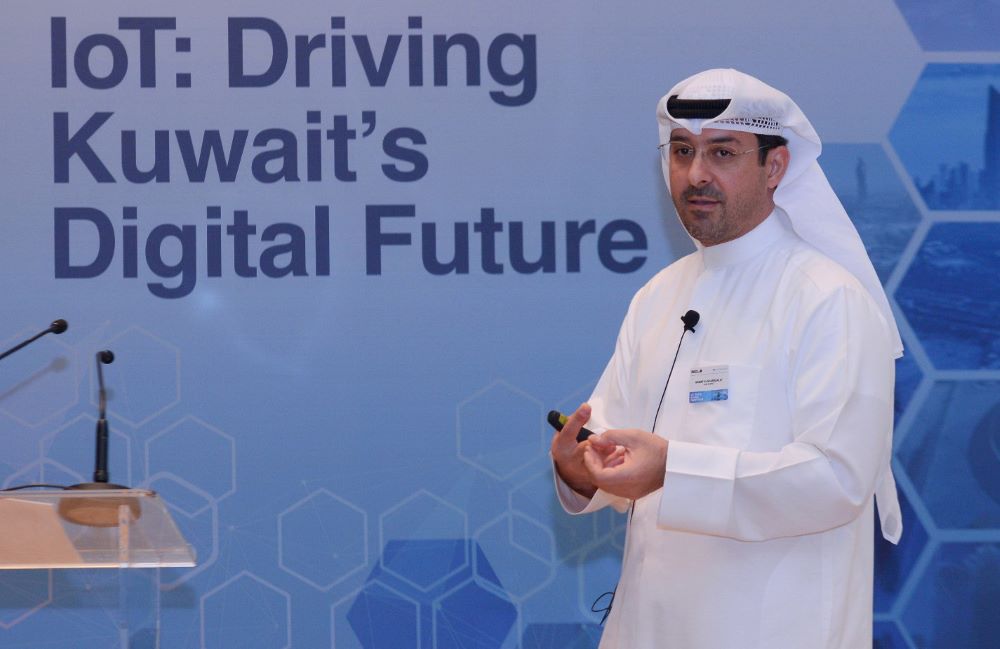KUWAIT: The Middle East Open Radio Access Network (ORAN) consortium has published the first open RAN whitepaper with a focus on brownfield deployment opportunities and challenges. The consortium has signed a Memorandum of Understanding (MoU) for ORAN collaboration in 2021 including Zain, e& formerly known as Etisalat Group, stc, du from Emirates Integrated Telecommunications Company (EITC), Mobily, Batelco, and Omantel.
The consortium launched the first regional community lab earlier this year, following the signing of the Open RAN MoU last year. The move will accelerate the testing and implementation of Open RAN solutions in their networks to support the early adoption and development of a robust regional ICT ecosystem.
Zain Group and Zain Kuwait Chief Technical Officer Nawaf Al-Gharabally commented: "With today’s announcement, we reach yet another step towards solidifying this partnership between the region’s top ICT leaders. At Zain, we’re excited to explore the opportunities and challenges of ORAN deployment with our partners to further pursue our goal of being Kuwait’s leading digital enabler. The shared knowledge and experiences in this whitepaper will provide an invaluable resource that sets a clear path to drive innovation for the ICT sector across the Middle East.”
The launch of the first ORAN whitepaper signals the entry into a new era of operators’ collaboration in the Middle East to accelerate the development of Open Network technologies, which helps in diversifying strategic technology growth in the Gulf and gain an advantage with services catering to the local market requirements with faster time to market/value while focusing on introducing software capabilities that bring technologies like Artificial Intelligence (AI) to the forefront. The implementation of ORAN solutions supports flexibility and provides more innovation in managing the network for more efficient operations.
In the whitepaper, the consortium elaborated on the detailed elements forming the Open RAN deployment Challenges and Opportunities for Brownfield Mobile Network Operators. They highlighted the current efforts done by the consortium members ranging from field trials, lab establishments, vendor interactions and organizations engagements to verify and explore the ecosystem and readiness, in addition to navigating through the variable Open RAN use cases.
The Open RAN Consortium confirms the importance to deploy Open RAN across their footprint, providing an opportunity for traditional as well as new entrants RAN vendors to adopt open interfaces, software, and hardware to build more agile and flexible mobile networks in the 5G and 4G era. It brings the opportunity to new entrants to create value in RAN business through innovation, influencing the telco equipment business to become more competitive to support current requirements of telco and more importantly the future requirements (like 6G), and offering choices to mobile operators to achieve innovative solutions and cost efficiencies in RAN deployments.



